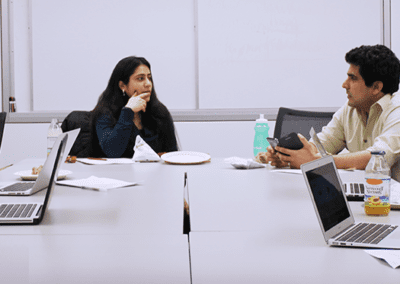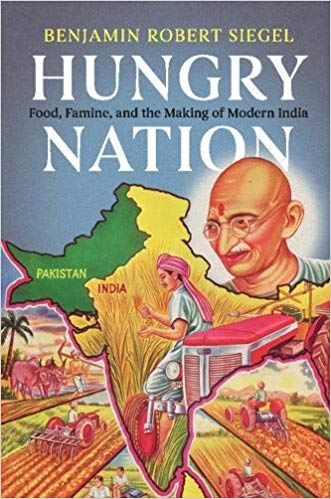TestPage
SubheadingSection Name
Lorem ipsum dolor sit amet, consectetur adipiscing elit. Aliquam justo lectus, ultrices et luctus et, dictum et erat. Suspendisse at tellus sagittis, condimentum metus vel, fermentum libero. Sed pharetra mauris et justo ornare rutrum. Aliquam sodales lorem ut ipsum vehicula faucibus. Proin ornare ullamcorper condimentum. Curabitur at felis faucibus, sodales elit dapibus, fringilla purus. Vivamus eu sagittis est. Nulla a placerat metus. Nulla tincidunt lorem lorem, id sollicitudin arcu malesuada ac. Suspendisse laoreet imperdiet elit eget fermentum. Quisque vitae rhoncus purus. Nulla semper fringilla orci, sit amet bibendum massa fermentum sit amet. Donec aliquam felis eget hendrerit pellentesque. Proin at erat nisl. Proin porta varius odio, quis luctus eros pellentesque finibus.
Title1
j2lfh2fk 2lfh
Title1
j2lfh2fk 2lfh
Title1
j2lfh2fk 2lfh
Nunc feugiat lectus urna, in rutrum risus tempus eget. Cras at ante ut orci pharetra placerat. Nam pulvinar, lacus nec consequat tincidunt, arcu est gravida libero, eget lacinia velit nisi id tortor. Donec cursus felis at enim faucibus feugiat. Nulla nec lacus at lorem consequat gravida. Vestibulum ante ipsum primis in faucibus orci luctus et ultrices posuere cubilia Curae; Maecenas malesuada dui at dolor cursus eleifend. Sed fringilla, urna pretium sodales tempus, augue tortor volutpat urna, quis pretium justo mauris efficitur leo. Pellentesque fermentum dapibus interdum.

Annual Symposium Sparks Discussion on South Asia, Past and Present
The Mittal Institute wrapped up its Annual Symposium yesterday after two days of dynamic panels that touched on South Asia from myriad disciplines and lenses, including the arts, the environment, health, economics, and the next generation. The theme, “The Making of Modern South Asia,” celebrated and commemorated 75 years of independence from British India and brought together guests in person in Cambridge and virtually from countries around the globe.
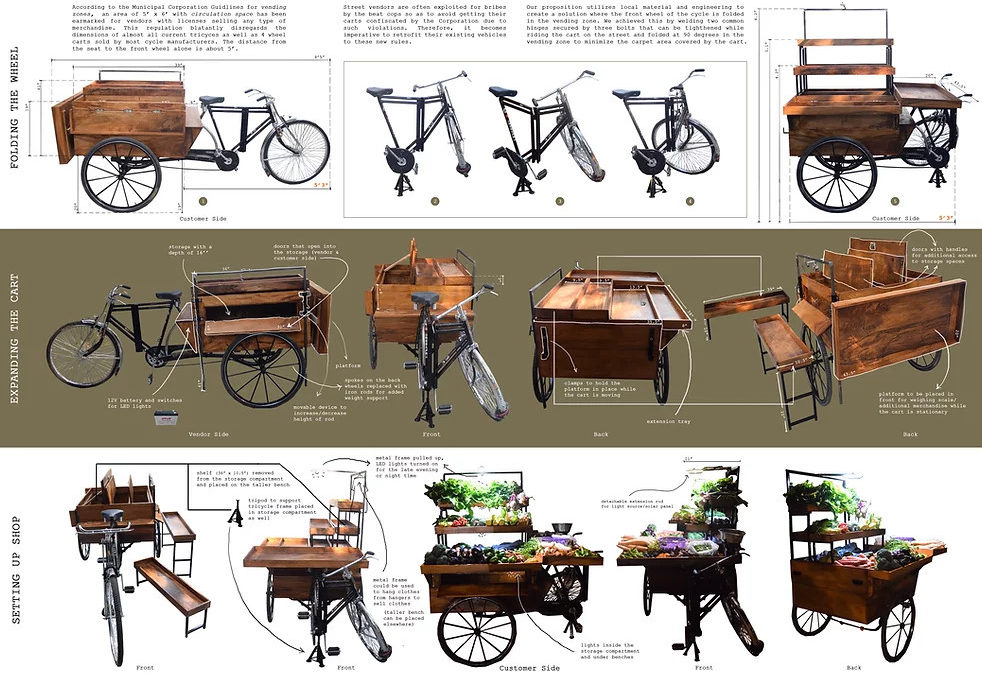
2022 Seed for Change Winners Set to Implement Transformative Ideas for India and Pakistan
Through the Seed for Change (SFC) Program, the Mittal Institute fosters and supports the development of a healthy, vibrant ecosystem for innovation and entrepreneurship in both India and Pakistan. Each year, the Mittal Institute holds this competition to identify and reward interdisciplinary student projects that positively impact social, economic, and environmental issues in India and Pakistan.
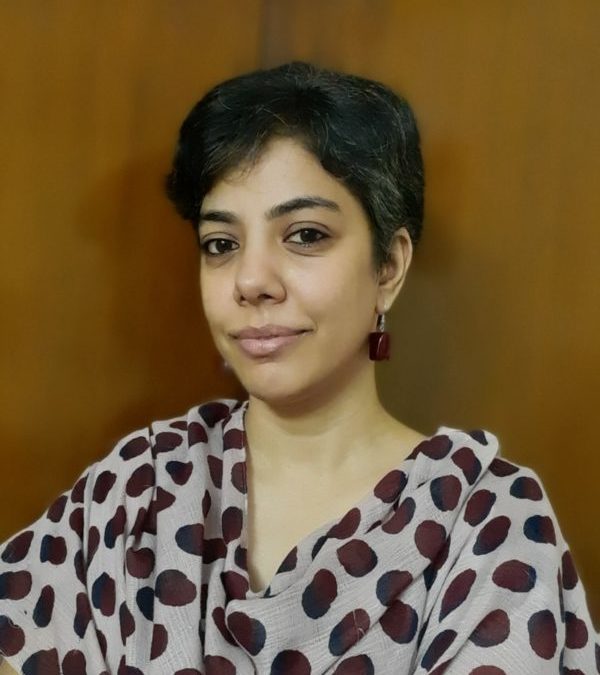
LMSAI Symposium Preview: The Next Generation of South Asian Scholars
Vidya Subramanian, this year’s Mittal Institute Raghunathan Family Fellow, is an interdisciplinary scholar whose research interests lie at the intersection of technologies and societies. Vidya’s current research investigates the changing nature of citizenship in the technological society we now inhabit. Focusing on India, her research is loosely framed by two large issues: the first is on the colonization of the everyday so-called real world by the digital; and the second focuses on how power permeates and is implicated in such technologies. She is mentored by Sheila Jasanoff, Pforzheimer Professor of Science and Technology Studies at the Harvard Kennedy School. Vidya will be a panelist during a discussion on the “Next Generation of Scholars” at the Mittal Institute’s Annual Symposium on May 19, which will focus on the theme “The Making of Modern South Asia.”
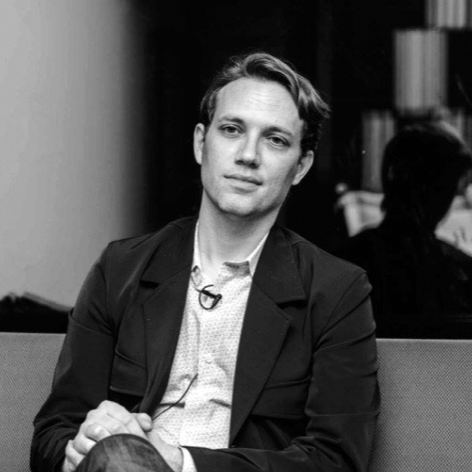
LMSAI Symposium Preview: Mapping Climate Change in South Asia
Anthony Acciavatti works at the intersection of architecture and the history of science and technology. He is interested in experimental forms of scholarship, pedagogy, and design afforded by humanistic inquiry. His most recent book, Ganges Water Machine: Designing New India’s Ancient River (Applied Research & Design, 2015), is the first comprehensive mapping and environmental history of the Ganges River Basin in over half a century. He spent a decade hiking, driving, and boating across the Ganges to map it and to understand the historical conflicts over water for drinking, agriculture, and industry. Combining fieldwork with archival research, the book is an atlas of the enterprise to transform the Ganges into the most hyper-engineered landscape in the world.
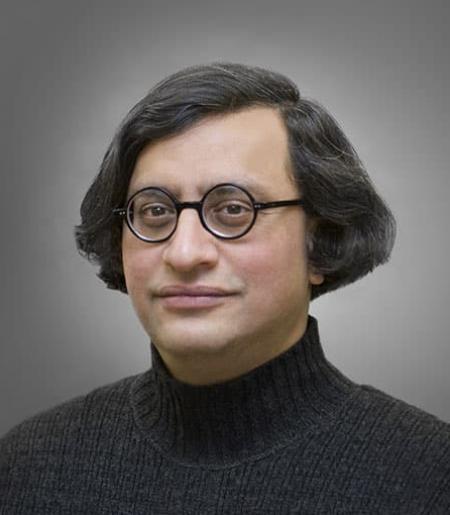
LMSAI Symposium Preview: Partition through an Artistic Lens
Iftikhar Dadi is the John H. Burris Professor in History of Art at Cornell University. He joins the Mittal Institute’s annual symposium for a discussion on Partition’s impact on the arts in a panel chaired by Jennifer Leaning, Professor of the Practice at the Harvard T.H. Chan School of Public Health and faculty lead of the Mittal Institute’s Partition research, along with discussants Bhaskar Sarkar of UC Santa Barbara and Nadhra Khan of Lahore University of Management Sciences. LMSAI spoke with Professor Dadi about his work and art.

Tina Liu has Witnessed the Growing Threat of Fires Firsthand. Now She’s Studying Their Impacts.
Tianjia (Tina) Liu joined the Mittal Institute as a Graduate Student Associate in the 2021-2022 academic year and is a Ph.D. Candidate in the Department of Earth and Planetary Sciences at Harvard University. Tina’s research focuses on using satellite data and atmospheric modeling to quantify the impacts of fires on air quality and public health in India, Indonesia, and globally. She has recently published 2 papers with another in review on the topic of crop residue burning and the impact on air quality degradation. Prior to joining the Mittal Institute, Tina received her B.A. in Environmental Science from Columbia University, and her research has primarily been focused on fires and air quality since her undergraduate days.

Where There is No Psychiatrist: How Vikram Patel Changed the Global Face of Mental Health Care
Vikram Patel, Pershing Square Professor of Global Health at Harvard Medical School and a Steering Committee member at LMSAI, at a TED conference. Vikram Patel has spent much of his life questioning norms. As a young medical student doing rounds in India, he recalls...
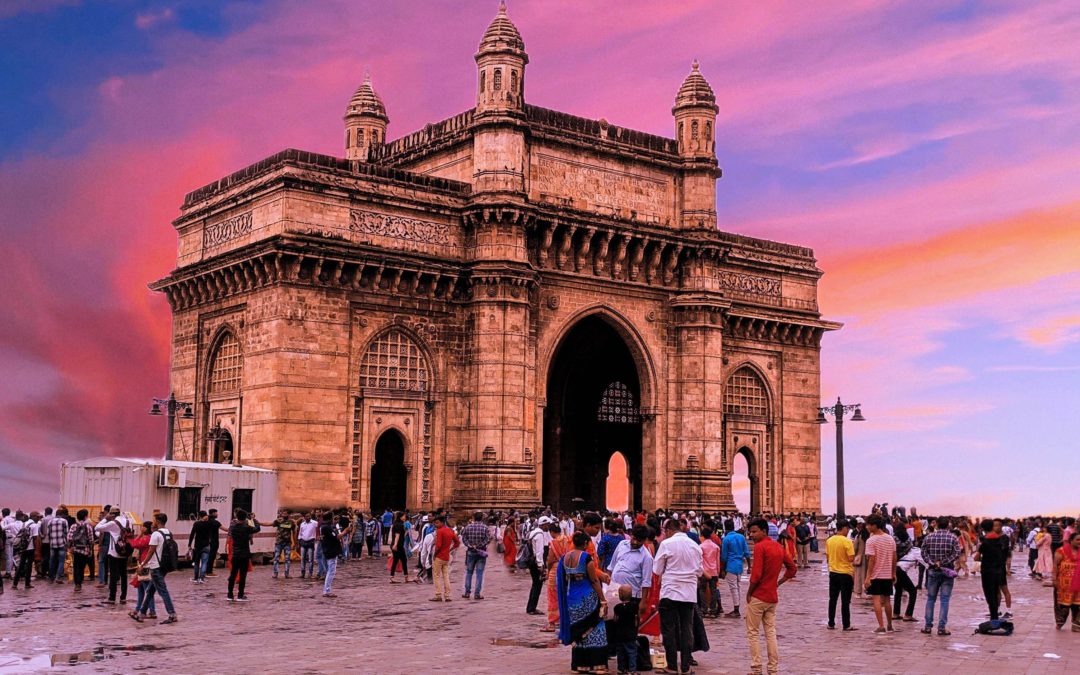
Grants and Fellowships: Upcoming Mittal Institute Funding Deadlines
The Mittal Institute supports Harvard faculty and students as well as in-region scholars with unique opportunities to advance understanding of South Asia. FOR IN-REGION ARTISTS TO COME TO HARVARD Visiting Artist Fellowship - Apply by May 24, 2022 The LMSAI Visiting...
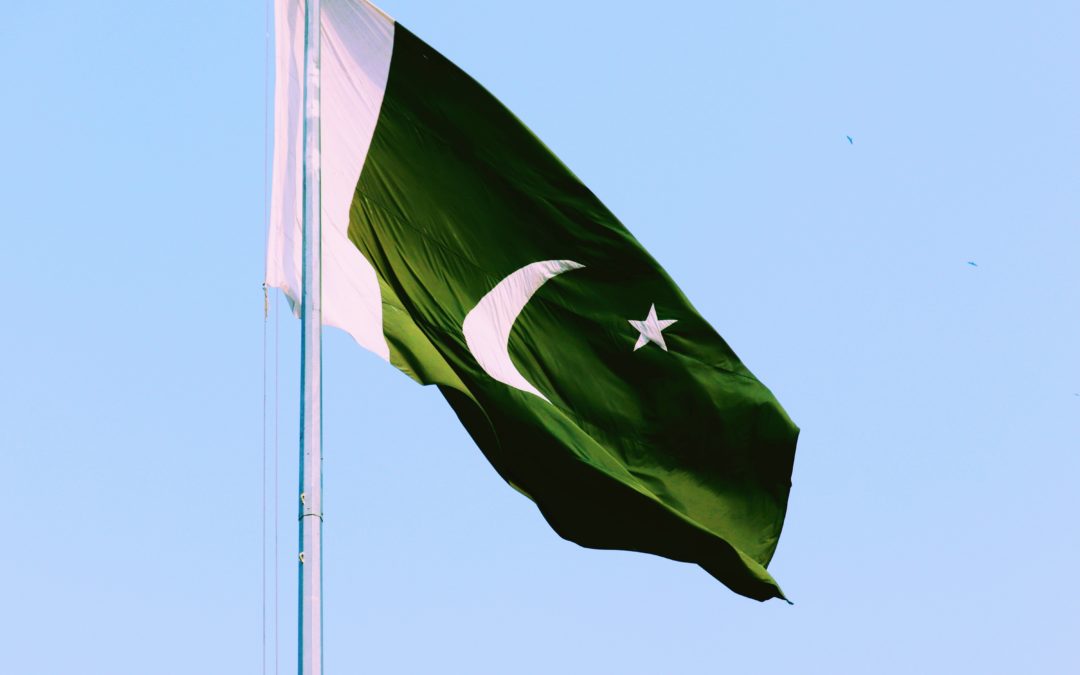
On Crisis and Consequences in Pakistan: Yaqoob Bangash Previews May 5 Panel
Dr. Yaqoob Khan Bangash is a historian of Modern South Asia and a current Fulbright Fellow at the Mittal Institute. His current research interests lie in the emergence of Pakistan as a post-colonial state, with broader interests in decolonisation, modern state formation, formation of identities, and the emergence of ethnic and identity based conflicts. He also regularly writes for The News, Daily Times, The Express Tribune and other newsmedia. He spoke with the Mittal Institute about the current political crisis in Pakistan, and explored what implications it might have for the larger world.
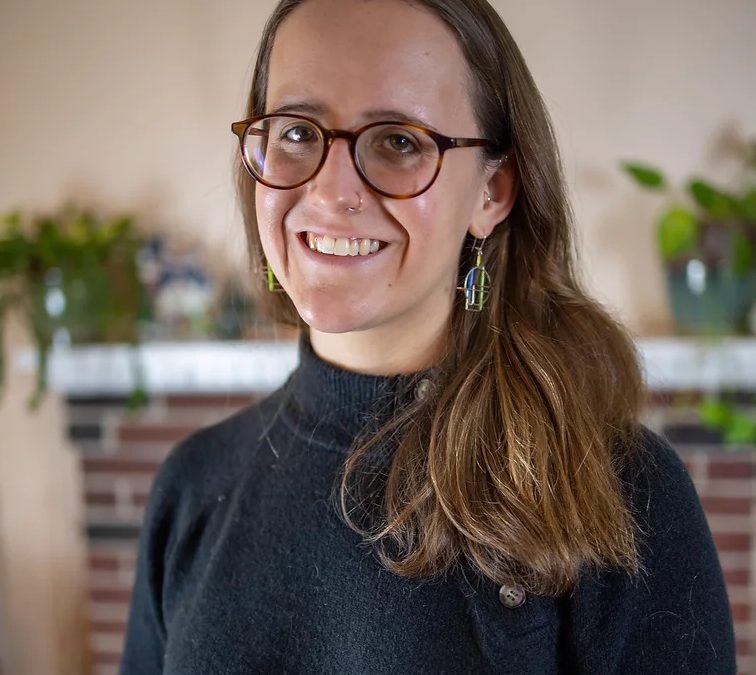
Blair Read on the Politics of Inequality and Social Policy in South Asia
Blair Read is a Ph.D. candidate in the Political Science Department at MIT, where she studies comparative politics and methodology. She was one of the original Graduate Student Associates at the Mittal Institute – we spoke with her about her research and time with LMSAI.
Nunc feugiat lectus urna, in rutrum risus tempus eget. Cras at ante ut orci pharetra placerat. Nam pulvinar, lacus nec consequat tincidunt, arcu est gravida libero, eget lacinia velit nisi id tortor. Donec cursus felis at enim faucibus feugiat. Nulla nec lacus at lorem consequat gravida. Vestibulum ante ipsum primis in faucibus orci luctus et ultrices posuere cubilia Curae; Maecenas malesuada dui at dolor cursus eleifend. Sed fringilla, urna pretium sodales tempus, augue tortor volutpat urna, quis pretium justo mauris efficitur leo. Pellentesque fermentum dapibus interdum.
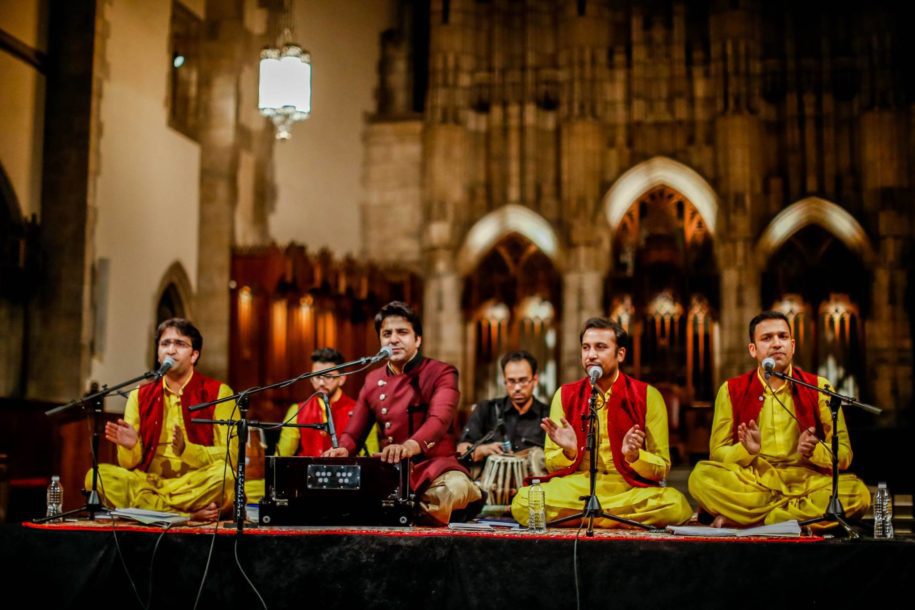
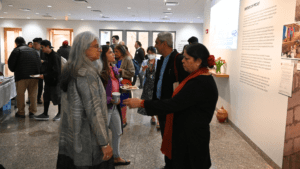
Caption here
Welcome to The Lakshmi Mittal and Family South Asia Institute at Harvard University! We are dedicated to exploring the rich and diverse cultures of South Asia through research, education, and engagement. Our institute brings together scholars, students, and practitioners to foster innovative thinking and collaboration. Discover our wide range of programs, events, and resources that celebrate the vibrant tapestry of South Asian heritage. Join us on this exciting journey of knowledge and discovery!
